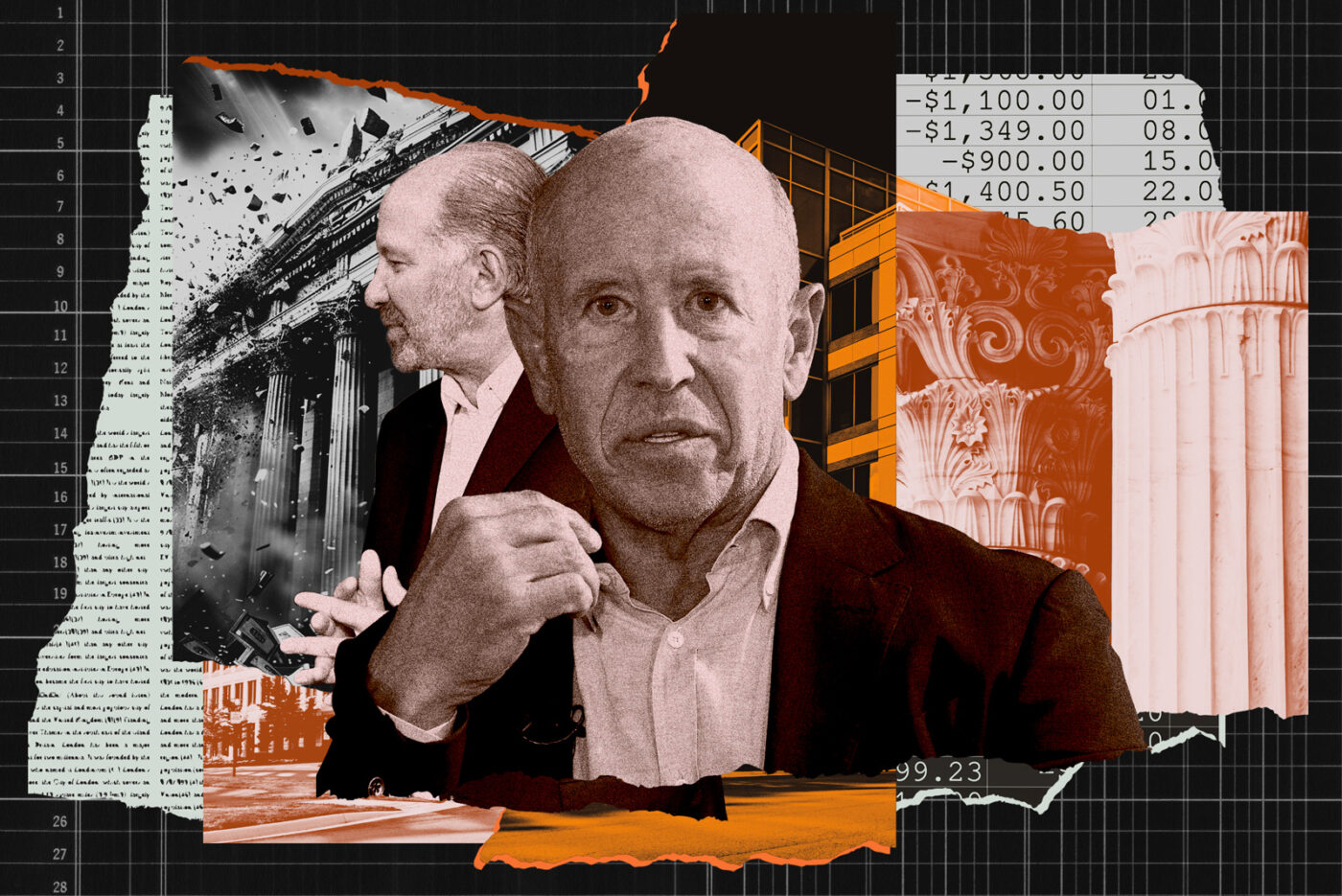Brace yourself, you might be seeing bank failures soon
Boston Condos for Sale & Boston Apartments
Brace yourself, you might be seeing bank failures soon
Bank failures are coming. Here’s how it could play out
More regional lenders will go under, experts say, and real estate is bracing for impact

The distress shaking of the commercial real estate market, will collapse the small- and midsize banks that have been bread-and-butter lenders to the industry.
Most economists agree that because of rising rates, declining asset values and banks’ hesitancy to mark their loans to market, such failures are a certainty. The question is whether bigger banks and the Federal Deposit Insurance Corporation can stop collapses from spinning into crisis.
Few, if any, believe a full-blown system failure is coming. But a contraction this significant, they say, will permanently alter the lending landscape for landlords and investors.
“The danger here is there are a lot of small banks that could fail,” said Paul Kupiec, a senior fellow at the American Enterprise Institute.
When industry people predict bank failures, the culprit is inevitably office properties.
The story is so well-known, it has become banal: With the rise of remote work, commercial tenants left less-desirable buildings, whose values sank — often below the balance of their mortgages.
Some good news
Multifamily and industrial assets are generally healthy, and retail is on the upswing.
Though other sectors appear resilient, none has been immune to higher interest rates. The Federal Reserve’s aggressive hikes in 2022 and 2023 have made borrowing more expensive, sidelined buyers and eroded values.
Falling valuations, coupled with the $870 billion in commercial real estate loans maturing this year, according to MSCI, are forcing refinancing’s at untenable rates.
It’s this recipe that poses the biggest risk to smaller banks that built their businesses as go-to lenders for commercial real estate but failed to diversify.
It gets worse
Bank financial statements would show more banks without adequate capital to cover losses on commercial loans.
Absent defaults, Kupiec said banks can be “technically insolvent and still operating.” A bank fails when the FDIC says it does. If balance sheets look clean, regulators can turn a blind eye.
Unless nervous customers make a run on the bank.
Uninsured depositors, meaning those with more than $250,000 in a bank, are typically the first to withdraw. A rush to pull deposits above that threshold triggered the collapses of Silicon Valley Bank, Signature Bank and First Republic Bank last year.
Community banks or those with the highest concentration of CRE loans tend to have fewer of those accounts. Regional banks, particularly the larger ones, have more.
Most economists are loath to predict how many banks will collapse, preferring to point to risk factors. Some are expecting 600 fewer banks when the calendar turns to 2025.
They’re going to disappear. They’re either going to be forced to merge by the regulators, or those that can’t will fail.
Mergers, often called shotgun weddings, are the FDIC’s first course of action if a bank’s solvency is on the line.
The economist outlined a scenario in which hundreds of banks holding 10 percent of the banking system’s assets fail, forcing the FDIC to seize them and kick in 20 percent of the value of their assets to lure buyers.
“The FDIC doesn’t have that much money,” Kupiec said. “It could be a problem.”
It’s possible the FDIC would fail banks gradually, as it did during the 1980s savings and loan crisis. The agency could also tap bigger banks for early payments of their insurance premiums to boost the fund, repeating its 2008 financial crisis strategy.
Where is Ford Realty Located?
Ford Realty is located in 137 Charles Street in Beacon Hill
Ford Realty Beacon Hill – Condo for Sale Office
Boston condos for sale – Ford Realty Inc
Updated: Boston Condos for Sale Blog 2024
John Ford Boston Beacon Hill Condo Broker 137 Charles Street Boston, MA. 02114
Click Here to view: Google Ford Realty Inc Reviews
Peace be with you